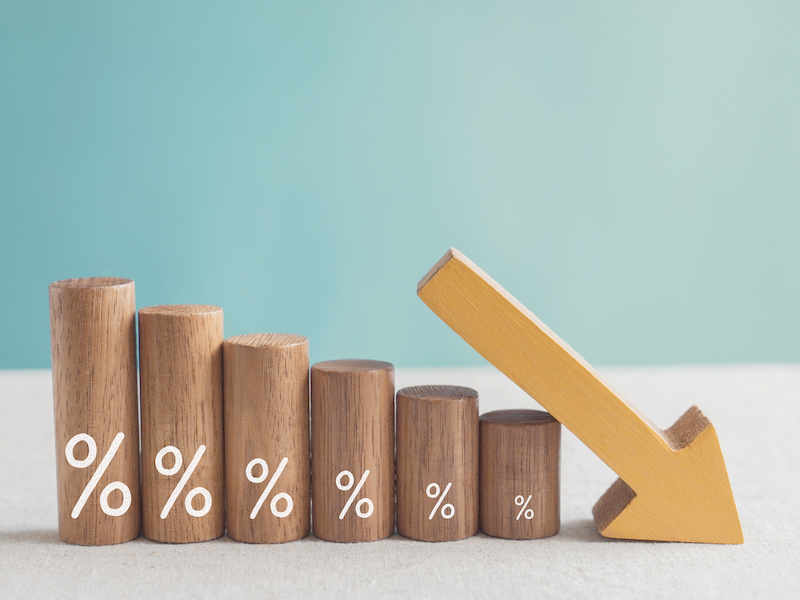
Alongside softer energy prices, headline inflation eased in February, according to new data from the Organization for Economic Cooperation and Development (OECD).
The Paris-based group reported that consumer inflation eased to 4.5% in February from 4.7% in January, as headline readings declined in 15 out of 38 OECD countries and stayed flat in 15 other countries.
The easing in headline price pressures came as the annual energy inflation rate for the OECD overall slowed to 3.6% in February, down from 4% in January — as energy inflation declined in 23 countries.
The group noted that food inflation was stable in February, and core inflation (excluding food and energy) was flat too.
In the G7 countries, headline inflation slowed to 2.7% in February, down from 2.9% in January.
While inflation rose in Canada, it was down in the U.S., the U.K. and Japan, the OECD said.
“Core inflation remained the primary driver of headline inflation across all G7 countries except Japan, where food inflation accounted for more than half of year-on-year headline inflation,” it said.
For the Euro area, the annual inflation rate was down to 2.3% in February from 2.5% in January, “mainly driven by a fall in energy inflation,” it said.
And in the G20, inflation fell to 4.3% in February from 4.8% in January, the OECD reported, “reaching its lowest level since May 2021.”